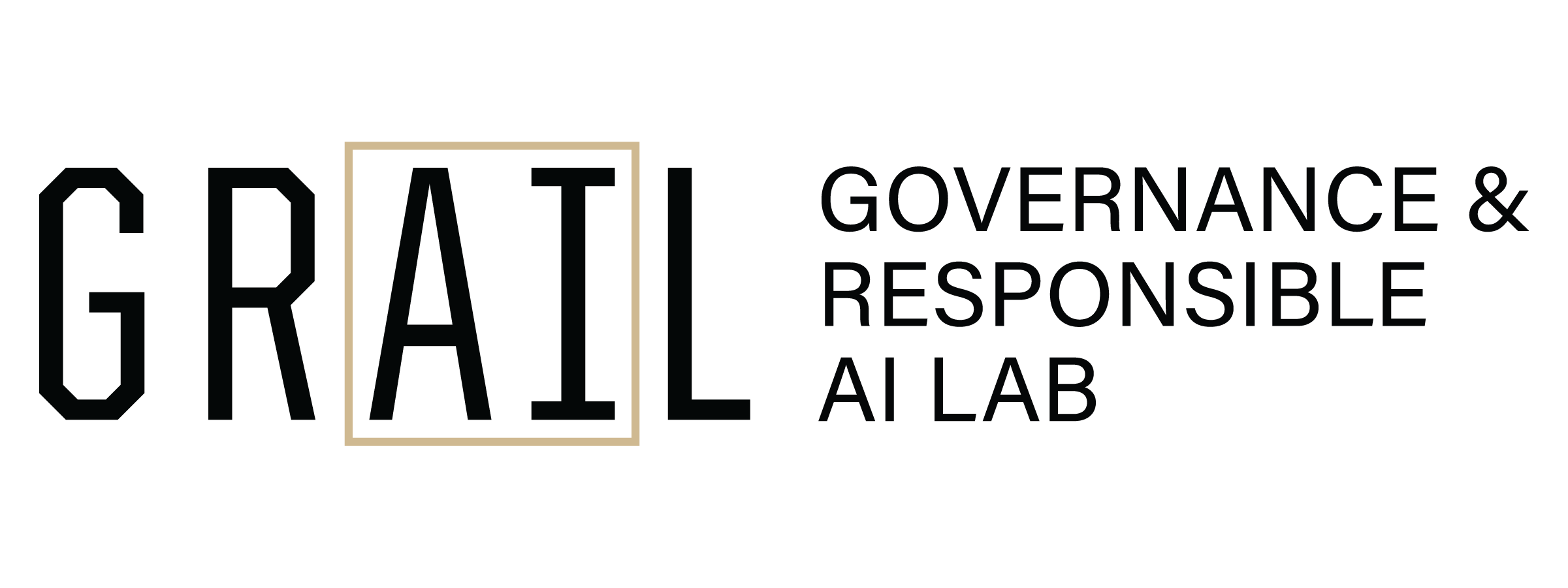About GRAIL
GRAIL is a non-profit, university-affiliated research center focused on fostering interdisciplinary collaboration, empowering students, and driving rigorous research that answers critical questions facing policymakers and practitioners.
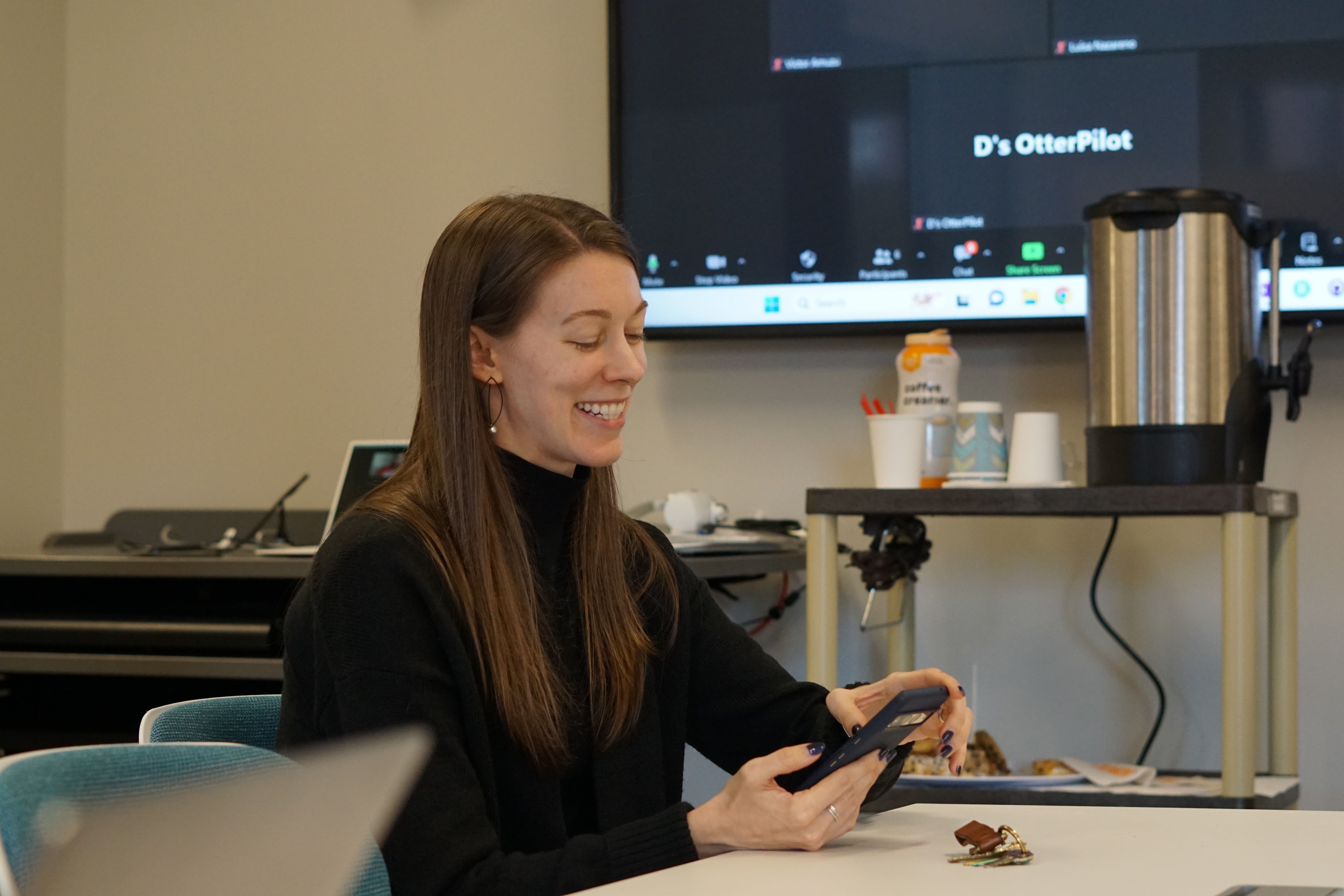
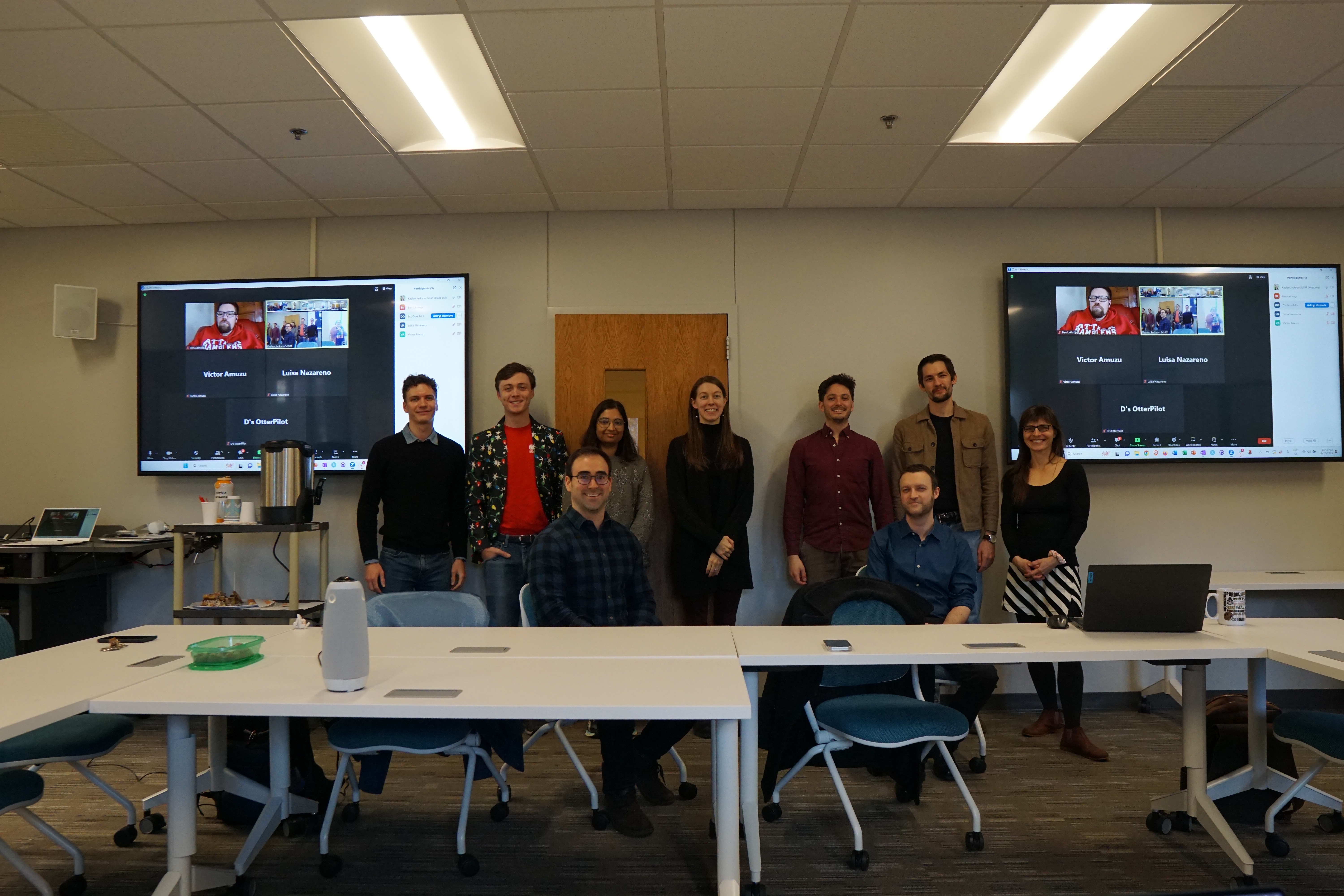
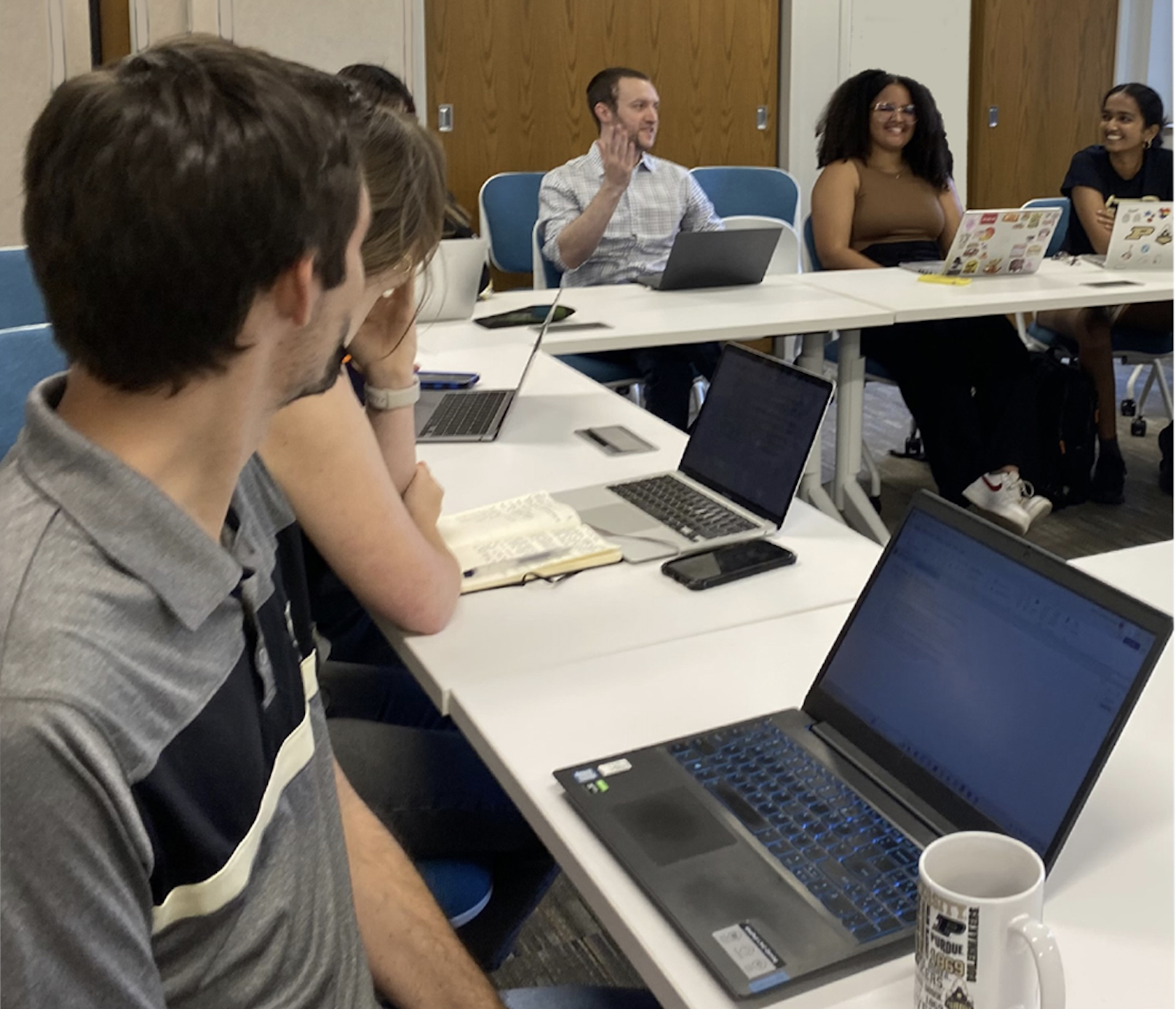


Our mission and focus
The Governance and Responsible AI Lab (GRAIL) supports research on the social, ethical, and governance implications of artificial intelligence and other emerging or impactful technologies. GRAIL brings together faculty, students, and partners interested in collaborative research, sharing ideas across disciplines and sectors, and producing rigorous and impactful, policy-relevant work on the topic of AI.
At GRAIL, our foundational pillars are Governance and Responsibility, in the context of AI and other emerging or impactful technologies.
- Governance is broader than public policy and politics, and refers to the collective effort to understand, regulate, or manage an issue, inclusive of efforts by policymakers, regulators, industry bodies, companies, media watchdogs, professional organizations, and civil society organizations as well as of individuals themselves.
- Responsibility refers to social, ethical, policy, and legal implications that affect individuals, communities, society, or the natural world.
- Finally, while our core focus is on AI (intelligent systems, automation, etc.) we are broadly dedicated to understanding emerging technologies or established technologies that affect the public interest and can benefit from rigorous research.

What makes us unique
GRAIL researchers are amongst the earliest scholars in the fields of AI policy and AI ethics, dating back to the 2000s. While several excellent university-affiliated or academic think tanks related to AI exist, many of the most prominent such organizations focus primarily on computer science/technical research, or on strategic international dimensions of AI, such as international competition.
- At GRAIL, we have special expertise in social and domestic policy dimensions of AI, such as the role of AI in education, criminal justice, misinformation, and the future of work. We are fortunate to have fostered some of the first research in public policy, public administration, and political science applying rigorous theoretical and methodological approaches to study AI, published in leading journals of these and other fields.
- We bring a strong interdisciplinary and multi-sectoral lens, with experts in political science, policy, business, design, computer science, criminology, education, law, human-computer interaction, and more. We work closely with individuals and organizations in civil society, media, industry, and government.
- Mentorship, collaboration, and community are the heart of what we do, and our undergraduate and graduate students take on major roles as leaders. While we seek to positively impact policy and practice, GRAIL is at heart a "lab."
Hosted at Purdue University
GRAIL is hosted in the Department of Political Science in Purdue University's College of Liberal Arts. We are affiliated with the CL@I Initiative and with Purdue's Institute for Physical AI (IPAI).
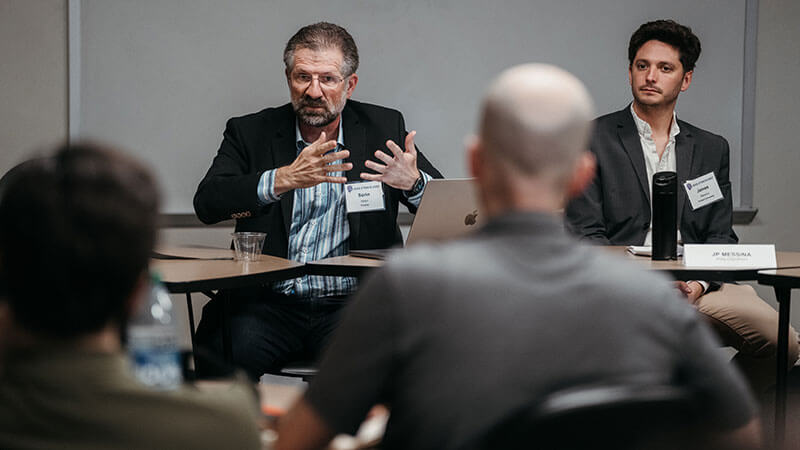
How can I get involved?
There are many ways to be engaged with GRAIL. Faculty, students, and researchers drive our core work. Our supporters in the public and private sector help inform, implement, and fund our research. And our partners in civil society help achieve our collective mission. See more below about opportunities for engagement.
Our history
GRAIL launches in 2022
GRAIL unites researchers to study the social, ethical, and governance implications of AI.
Passionate mentors
We have more than a dozen faculty from 6 universities and a wide range of disciplines.

Building tomorrow's impact
Students gain real-world experience presenting research and shaping AI policy debates.
Expanding impact
GRAIL keeps growing as a hub for rigorous, policy-relevant research on responsible AI.
Our guiding values
Centering collaboration and collegiality
Fostering interdisciplinarity and cross-sectoral engagement
Understanding the broader contexts in which we work, and addressing meaningful problems
Taking care of ourselves and each other
Supporting students and faculty goals, whatever those may be
Recognizing and celebrating one another
Advancing rigor and fair-mindedness in AI research, regardless of approach
Advancing public, industry, and policy Impact
What we do
All-lab meetings
We meet semi-weekly in-person (and online) to discuss research, reflect on policy events, hear from guest speakers, and receive feedback on in-progress projects
Vertically-integrated projects
Undergraduate and graduate students work with faculty in a vertical mentorship structure via research projects that meet weekly, as part of interdisciplinary teams
Education
We develop and teach courses, degree programs, and other educational opportunities for students, policymakers, and other professionals
Public and policy engagement
We share findings and best practices with academics, practitioners, policymakers, journalists, and the general public to drive positive impact
We would love to hear from you
We work with policymakers, leading companies and civil society organizations, journalists, and researchers around the globe. Please reach out if you share our mission.

